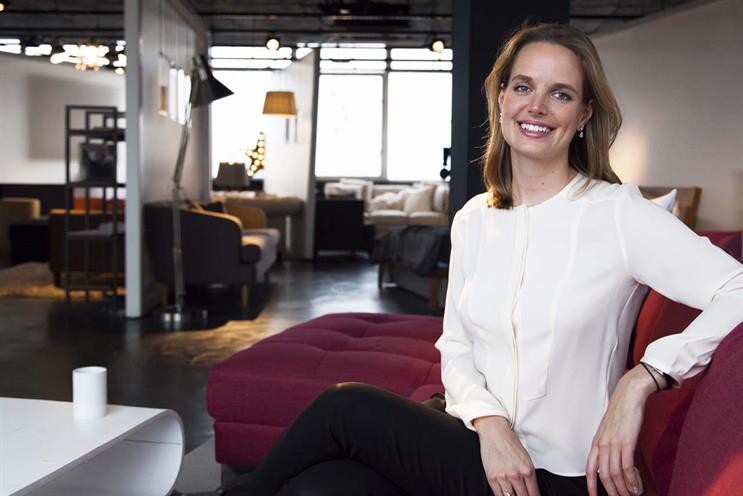Creating enough opportunities to grow talent
The business we have at Made.com exists because of our people. Much of my focus is therefore around talent - within a lean and young company, how do you create enough opportunities for people to grow?
Even if budgets grow and expectations change, there is not a real need to expand my team so I need to focus on coming up with interesting opportunities to develop career prospects.
In some ways, the marketing industry does that for us, as there are so many new techniques coming up, so many interesting ways of working in marketing today.
But in business, you have to recognise the need to keep employees interested as well as developing their skill sets. When I started at Made, I didn’t have a specific job as it was such a lean company at the time; I just joined and discovered the areas I was good at.
The power of mentoring
We started a "coding club" this year, where our experts can teach different skills over lunchtime, and we are also offering additional courses on skills such as management techniques and negotiation.
Last year we took part in a mentoring programme, specific to mentoring women in the business. It was a really successful trial and I want to expand that and make it accessible for more people and non-gender specific - we are a very diverse company.
Eventually, we are looking at putting a structured mentoring programme in place; mentors have always been so important in my life. We don’t have retention issues as such but in our sector, there are so many exciting businesses that are popping up and I am very well aware that talent can move freely around. We want Made to be a great place to work, with people really connected to the brand.
The communications challenge
We are a European business, with a number of remote marketing teams in different countries. We have a central team in London and offices in Paris, Berlin, Shanghai and soon to be Amsterdam.
Trying to establish communications between all the offices around the world is a real challenge. There’s nothing worse than being in a "virtual" meeting where you can’t see or hear people. I lived through that experience previously when I moved to New York to establish a business.
We use any number of tools now to help with remote working, to create a culture for transparency but it’s still not perfect. I have to work very hard at making that communication between offices as seamless as possible. This will become even more important in the future, with the shift in how people want to work.
Bringing a remote workforce together in an efficient way is only going to get harder. We use tools like Slack and Facebook’s Workplace, and video conferencing but it’s not about how to use the relevant tools - it’s also a cultural thing.
Achieving the right balance
Marginal gains can make a big difference; step change projects can be very risky. Achieving a balance between these two and how we address it as a company are two big challenges.
We have a performance team that is really focused on marginal gains, looking at management strategy; we have a brand team that works on the creative side where the KPIs are very different.
It’s about bringing together two different teams, both of whom are involved in brand building and ensuring they work together well.
We also use this "two-team" strategy in customer service. A team that manages the day-to-day customer queries that have specific KPI targets for the customer, and another team looking at why people are getting in touch in the first place, with the aim to always reduce this so that a customer should never need to get in touch.
Future proofing the business
Agility is absolutely key but it’s also important to have a vision of the future and plan for it today, all the while keeping the immediate team focused on the day-to-day detail.
We need to make sure that everything we are doing is about putting the right building blocks in place and not straying from that.
As a business so many opportunities come our way - I love the idea of jumping on everything and seeing what works, but it’s not about that, it’s about learning to say no and taking on opportunities that are part of the building blocks of the future.
It’s a real challenge - we get ideas in the business and it often all makes sense from a business perspective, but we have to ask ourselves: is it our core?
If it doesn’t fit, recognise you have to say no; even if it’s a big, exciting project, sometimes you have to hold off for a few years. Try not to get too far ahead of yourself - the temptation is to run with it.
Annabel Kilner is commercial director at Made.com and a member of 北京赛车pk10’s Power 100


